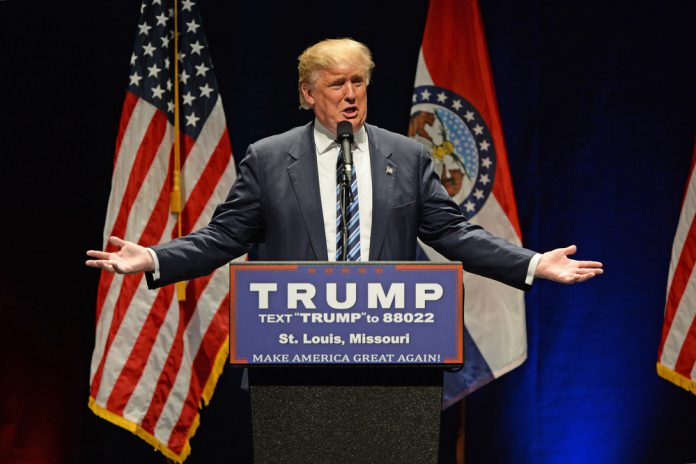The future of US President Trump’s travel ban could rest on his previous comments about Muslims.
An appeals court hearing on Monday about Trump’s executive order halting visas from six-Muslim majority countries and suspend refugee resettlement in the US saw exchanges between lawyers and judges on the future of the ban.
“This is not a Muslim ban. Its text doesn’t have to anything to do with religion,” argued US solicitor general Jeffrey Wall.
Judge Robert King, a Democratic appointee, was quick to point out that it was everything to do with religion: “He has never repudiated what he said about the Muslim ban. It’s still on his website.”
Just minutes before the hearing, the President’s pledge was removed from Trump’s campaign website, where it had been since December 2015.
Trump first signed the executive order on January 27, temporarily banning people from Iran, Iraq, Libya, Somalia, Sudan, Syria and Yemen. This initially included Green Card holders – permanent legal US citizens.
Since January, the ruling has been blocked and revised in courts.
President Trump has said that it is not a Muslim ban but a measure to keep the US safe from terror.
“To be clear, this is not a Muslim ban, as the media is falsely reporting,” he said in a statement released on Facebook. “This is not about religion – this is about terror and keeping our country safe. There are over 40 different countries worldwide that are majority Muslim that are not affected by this order.”
This is contrary to his previous statements on Muslims.
Judge Pamela Harris said Trump’s order has clearly had a devastating effect on Muslims. She asked: “How is this neutral in its operation as to Muslims?” Judge Barbara Keenan, who like Judge Harris was appointed by Democratic former President Barack Obama, said the order could affect some 200 million people
According to Judge Barbara Keenan the order could affect some 200 million people and should not be allowed to pass through.

